How to stick to your weight-loss goals in 2022
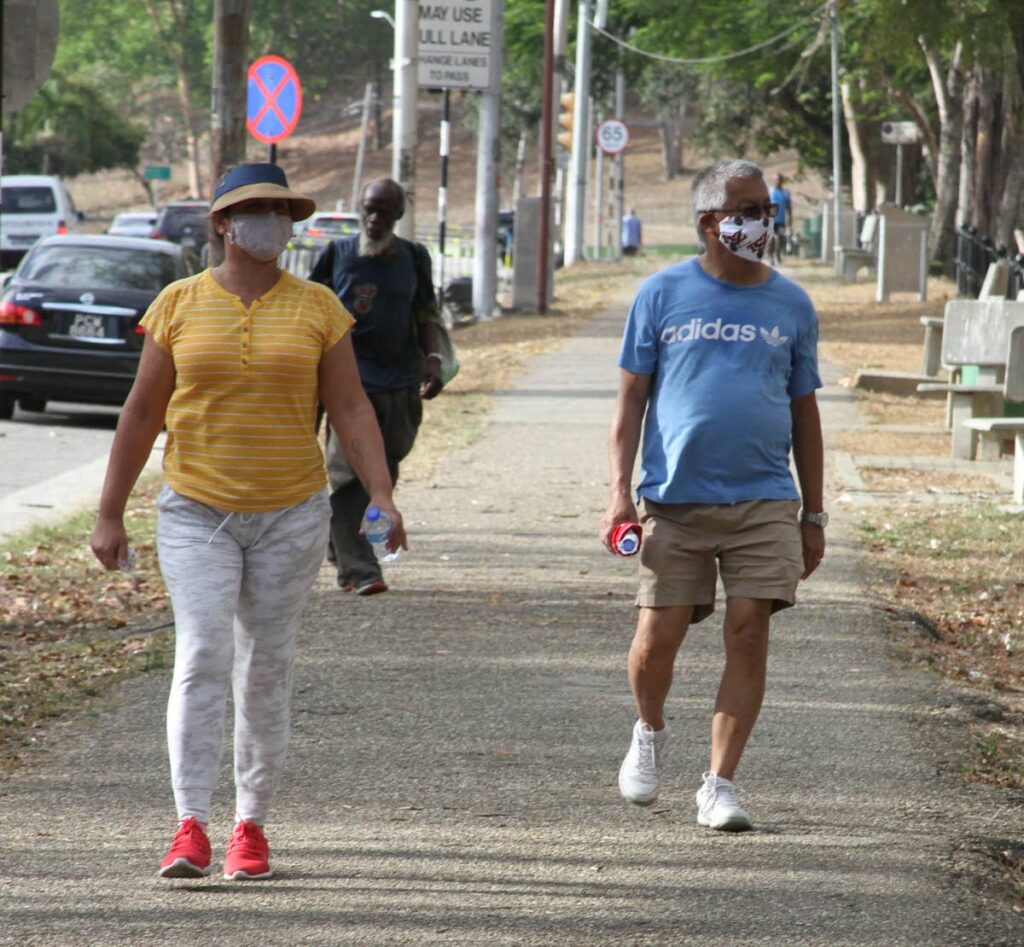
RHIANNA Mc KENZIE
We do it every year. The top of every New Year’s resolution list looks virtually the same: lose weight, hit the gym, eat better. Admirable goals to aspire to, yet every year, sometimes as early as March, those goals become harder to materialise.
People get discouraged and tempted by the comfort of old patterns of behaviour and resign themselves to putting their fit body dreams off to next year.
Personal trainer and registered dietician Omari Joseph has been helping clients along their health and fitness journey for eight years.
Joseph said one of the most common challenges his clients face is motivation. “When they feel like they are not getting the results fast enough they become demotivated, but these (doubts) are based on a false reality.”
He said, people often work out with the sole purpose of looking good, which is perfectly normal, but many others get into fitness to have the mental confidence to deal with the stresses of life. These are the people, he said, who stick to their goals the longest.
“A lot of people are watching these (social media) influencers, but they do not live like us. You can’t compare yourselves to them. You’re comparing apples and oranges.”
He said while the social media elite only advertise their results to paint a picture of hard work there is a lot of money being spent behind the scenes to keep up these appearances, including personal chefs, trainers, endorsement deals with weight-loss products, and, in some cases, plastic surgeons.
“The average Joe has work, has kids, pays bills, and sometimes to have that extra time in the day you have to work past mental barriers.”
Joseph said the first thing he will advise someone who is trying to stick to a work-out regime in the new year is to make sure their goals are realistic.
“Set small goals. If your goal is to lose 50 lbs, remember it will be a journey. Take your time and be aware that everybody is different. Don’t compare yourself to anyone else and don’t compare your last result to your current goals.”
He said although a client may not feel like they are any closer to their goal after a few months of trying, he encourages the person to see the small wins within the major goal.
“You need to feel confident. Some people have difficulty just walking up the stairs so when they are able to do that, they feel good. These are the minor victories in the major battle.
“That’s what I focus on. It’s a marathon not a sprint. As tedious as it may sound, consistency is key.”
Joseph said a starter workout should comprise the whole body, including exercises like push ups, sit ups, and squats.
“With all of these, stay within a rep range of 15-20. You may not be able to do the 15 right away but build up until you can do more.”
He said always remember to warm up the body for ten minutes before the workout. Using the Queen’s Park Savannah, Port of Spain, as an example, he said trying to conquer the entire thing may be too much if someone is just starting out. “Try running a quarter of the way and working your way up over time.”
Joseph said people often lack the confidence in themselves to keep pushing, which is what leads to them falling off their routine. “It comes down to necessity. Health is just as important as any goal in your life, but people don’t see it that way, especially in their youth.”
Joseph also works at the Arima Health Centre and said many of the people who are referred to him with health issues are those who had not been prioritising their health from an early age.
“People come into the health centre when they see symptoms. You’re supposed to be checking with medical practitioners throughout your lifetime, even in your 20s. People fall off the wagon because it is not high up on the totem pole of importance."
Joseph said many health conditions could be avoided with proper diet and exercise at an early age, “If I tell you everything, you’d think I’m lying,” he said with a laugh. “Diabetes, high blood pressure, cancer, childhood obesity. Everything can be prevented with diet and exercise.”
He said diet and exercise go hand in hand and it is not wise to attempt one without the other. “People think they can eat what they want and exercise. It doesn’t work that way.
“You eat multiple times throughout the day. You don’t exercise that many times. People need to be realistic. Yes, they work hand in hand, but diet is the most important part.”
Sticking to a diet plan
Joseph said dieticians look at food as medical nutrition therapy. “We focus on eating better to get better.”
The process usually includes assessing the client’s physiological state by measuring their weight, height, and body mass index (BMI). “We ask questions about what they are accustomed to eating, and their family history – genetics has a huge role to play. Then we make a best-fit plan so they can lose weight if that is their goal.”
He said even with the increasing cost of food there are always ways to work around that to prioritise health.
“Anything worth fighting for is worth fighting for badly. An investment in your life is your biggest investment.
“Many times, we put other things ahead of our own health. If you let yourself reach to a point where you have to go on medication, the earlier you have to do that (do it), it will be more costly for you in the long run.
“If, however, you get ahead of it – stop smoking, reducing alcohol consumption, reducing sugar intake – and you break down what you need as opposed to what you want, you liberate your costs.”
He said these changes don’t have to be all at once. Incremental changes are OK for someone who is just starting out.
He said a simple solution for someone trying to cut down on cost is a sandwich. “Sandwich is the poor man food, but you can make it healthy,” he joked.
He said during his time at UWI, while studying to be a dietician, he too was tempted by the many inexpensive fast-food options available.
“When I was in UWI I ate a lot of sandwiches. Everything is going up. It will affect everybody. We are only human. We all have cravings and want to enjoy life, so if 80 per cent of the time you eat right, the other 20 per cent you can eat what you want. That’s a few days of the month where you can cheat.
“If you save your cheat days for the weekend, you have something to look forward to at the end of the week to reward you for your efforts.”
Joseph said a balanced diet will comprise of all members of the six food groups: staples, legumes, food from animals, fruits, vegetables, fats and oils. A typical plate should have 50 per cent vegetables, 25 per cent should be peas, beans, or meat and the other 25 per cent should be provision.
He said, because everyone will have different needs, a personalised diet plan is always best.
“When you want to find out about a house, you go to the professionals. That’s the only way to get credible information. When people talk about diets, they talk from personal experience, but their personal experience and what is best for you may not be the same thing.”
He said while there are many diet options available, they are not specific to everyone. “To find out what is best for you, consult your professional. You have to look at your lifestyle as well. You may need more carbs depending on your job.
“It is important to know what you are getting yourself into. Is your lifestyle conducive to that particular diet? That is what you need to ask yourself.”
Overall, Joseph said while it may be hard to navigate, the internet can also be a great source of information for those who cannot afford a personal trainer.
“YouTube or social media. There is a lot of good content on there. It may not be the best fit because everybody’s physical limitations may be different. If you cannot get a personal trainer, it’s the next best thing. It’s better than nothing.”
During the pandemic, Joseph has been offering at-home, work-out tutorials on social media at @ojnutritionandfitness on Instagram.


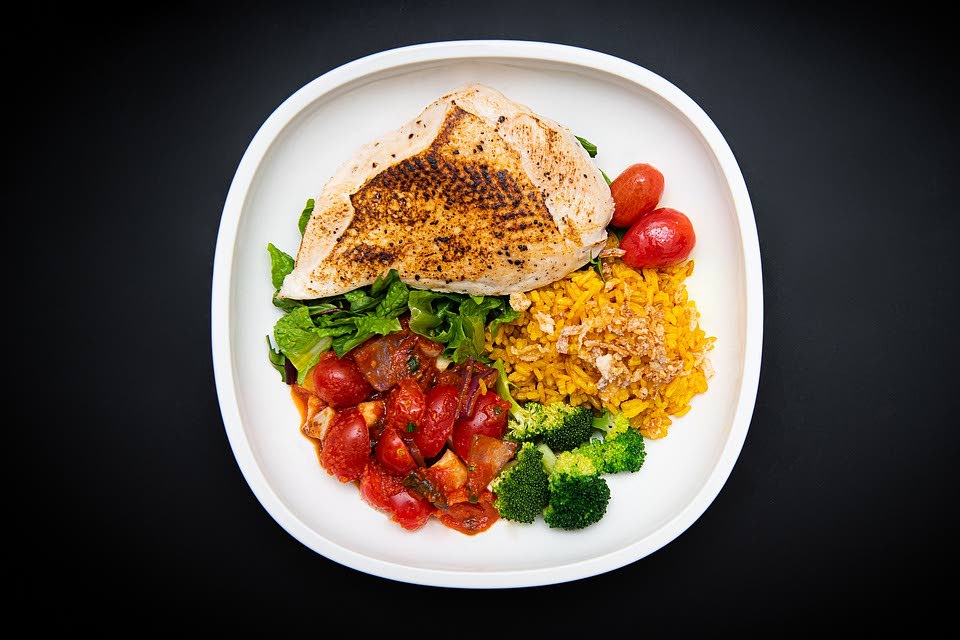
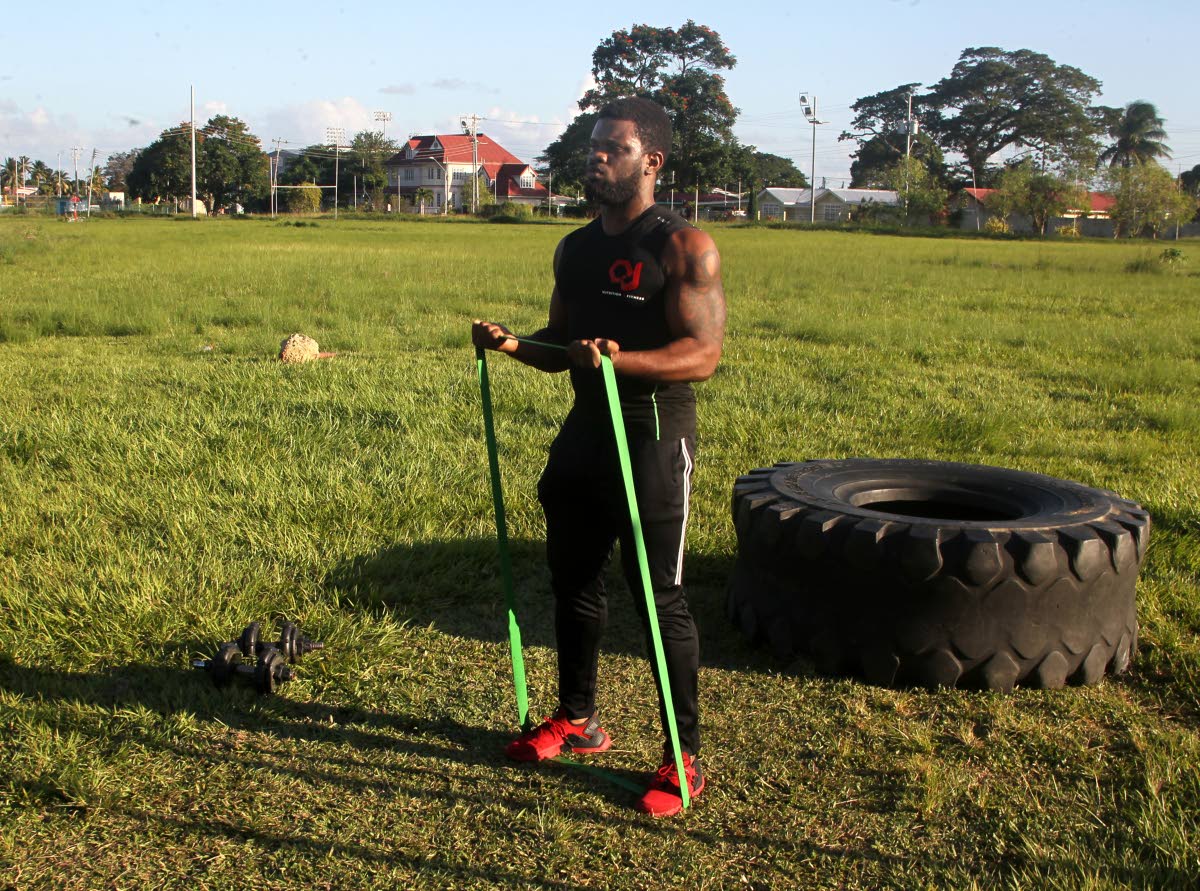
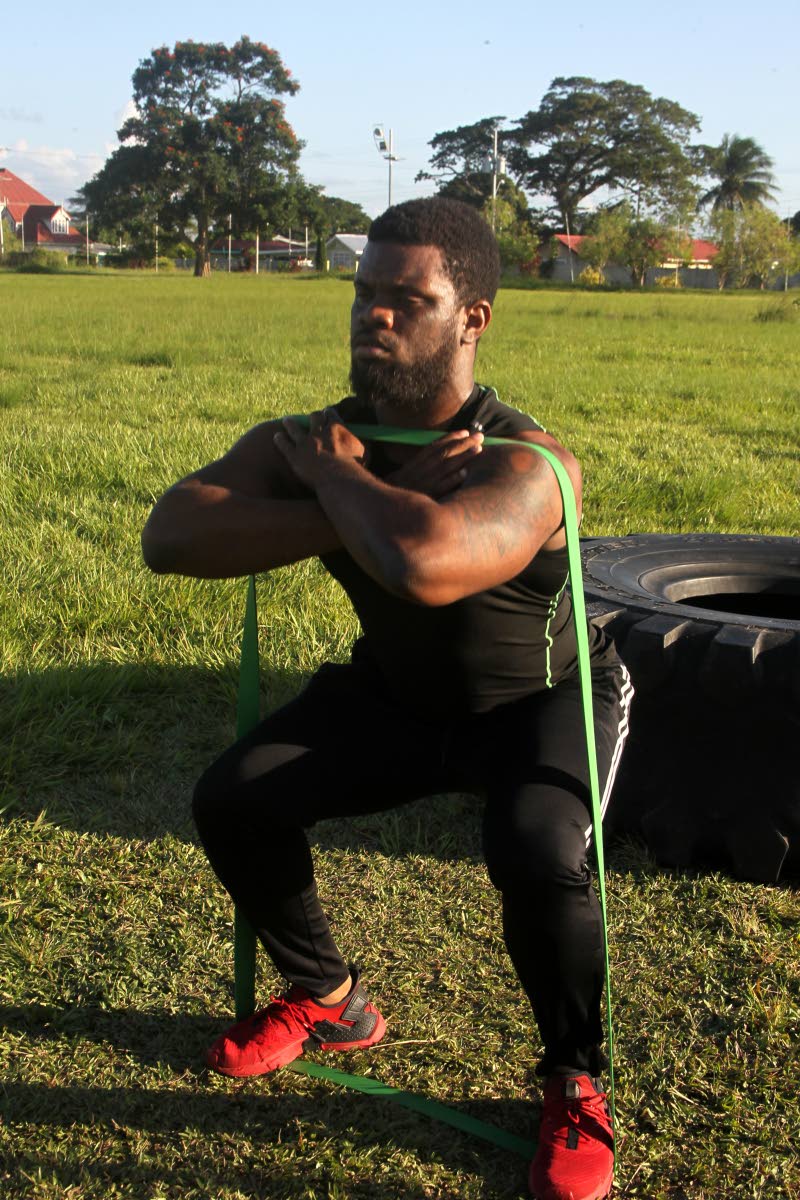
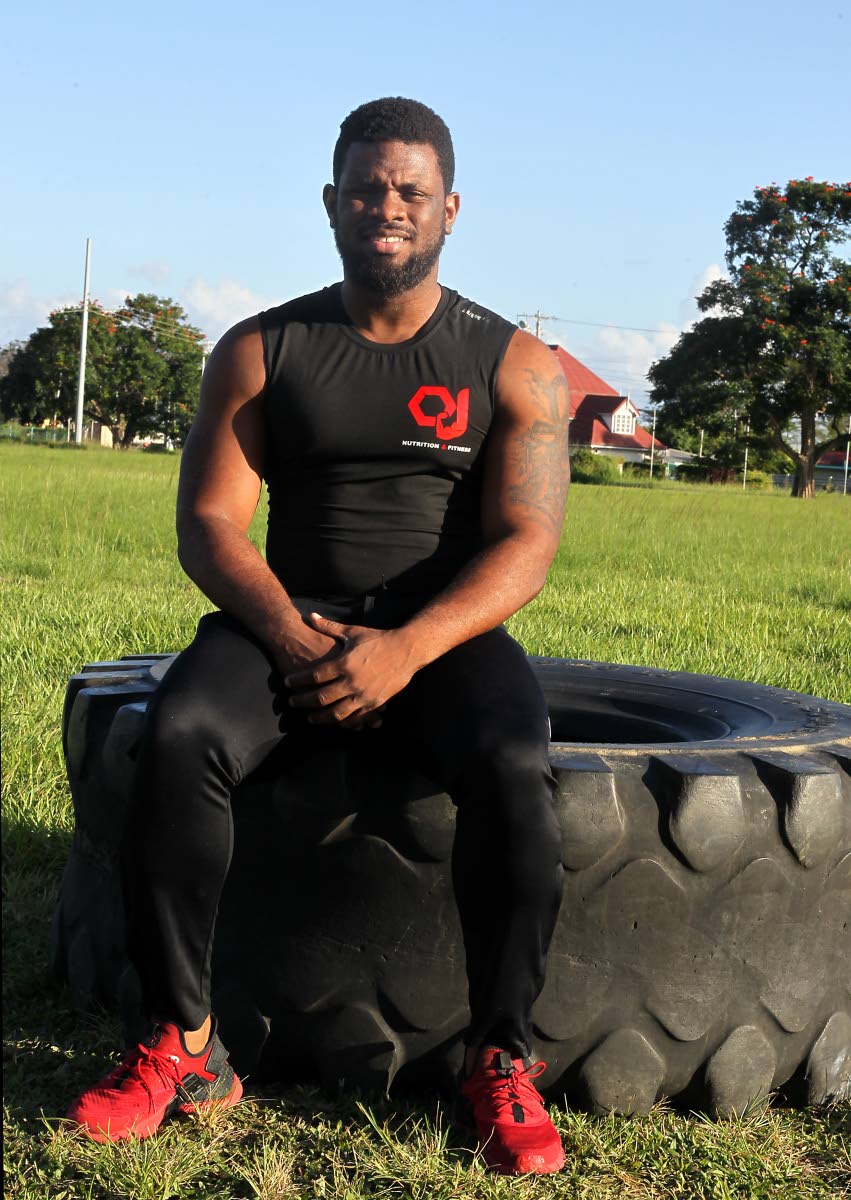


Comments
"How to stick to your weight-loss goals in 2022"